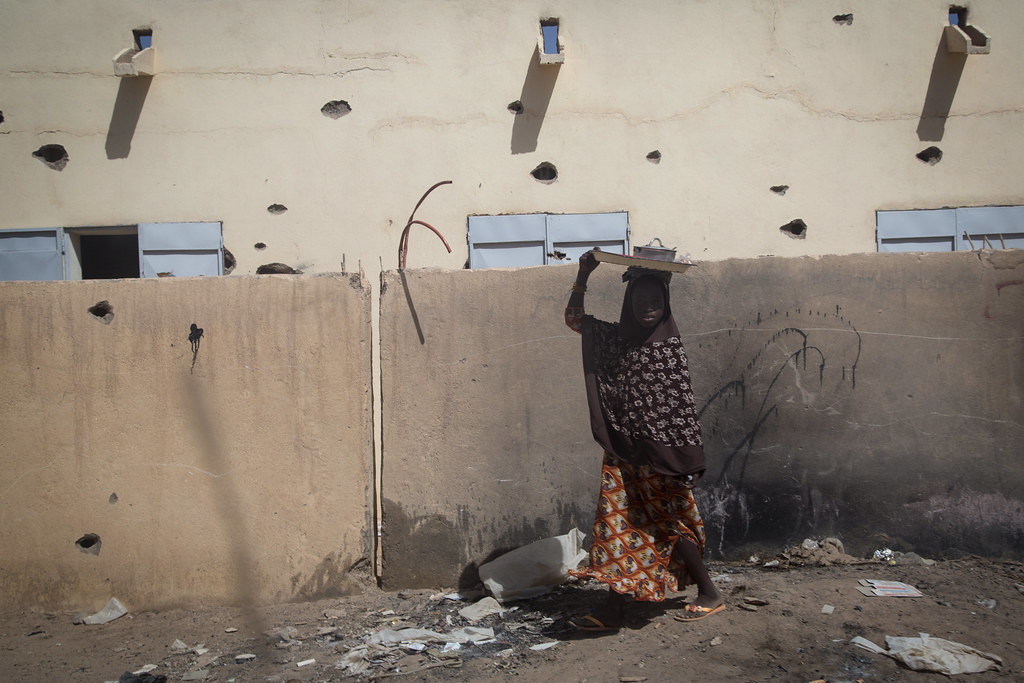Photo: United Nations Photo/CC BY-NC-ND 2.0.
Presented here are two recent deliverables from PREVEX, a working paper on enabling environments, drivers, and occurrence/non-occurrence of violent extremism in North Africa and the Sahel, and a policy brief summarizing lessons learnt on the EU’s prevention measures in the region (WP6).
D6.2 Working paper on enabling environments, drivers, and occurrence/non-occurrence of violent extremism in North Africa and the Sahel
Based on recent field work (2021) in the Sahel and the Maghreb region, this working paper seeks to explain why violent extremism does not occur in enabling environments. Zooming in on cases in Mali, Niger, Tunisia and Morocco, the paper aims to understand different trajectories of occurrence and non-occurrence of violent extremism, and emphasizes the need to understand the drivers of violent extremism and why they gain traction among some populations while others show much higher degrees of resilience.
D6.6 Policy brief summarizing lessons learnt on the EU’s measures to prevent violent extremism in North Africa and the Sahel
Based on PREVEX’ fieldwork, this policy brief provides an overall assessment of EU P/CVE policies and projects in North Africa and the Sahel, focusing on key contextual policy issues: democratic governance, rule of law, education, gender, reintegration. It argues that EU’s emphasis on rule of law is particularly appropriate, while there is room for greater engagement in the fields of education and reintegration –provided that conflict-sensitive lenses are carefully applied. It further identifies lessons to be learnt, opportunities for greater engagement, and areas in need for more research.




